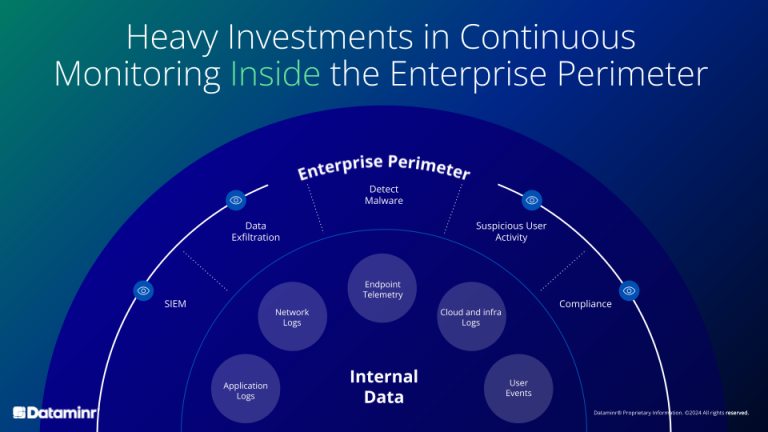
Can Mental Health Be Used for Short Term Disability
Can Mental Health Be Used for Short Term Disability? Yes, mental health can qualify for short-term disability benefits. Conditions like depression or anxiety may warrant short-term disability leave.
Mental health issues can be just as debilitating as physical ailments. Many people experience conditions such as depression, anxiety, or PTSD that impact their ability to work. Short-term disability benefits provide financial support during this challenging time. Employers and insurance companies recognize the importance of mental health.
They offer programs to help employees cope and recover. It is crucial to consult a healthcare professional for a proper diagnosis. Proper documentation can help secure the needed benefits. Addressing mental health proactively ensures overall well-being and job performance. Seeking help is a sign of strength, not weakness.
Eligibility Criteria
Mental health conditions can qualify for short-term disability under specific criteria. Diagnosis and documentation from a healthcare provider are essential.
Qualifying Conditions
Many mental health conditions can qualify for short term disability. Depression, anxiety, and bipolar disorder are common examples. Severe stress or post-traumatic stress disorder (PTSD) may also qualify. Each condition must be diagnosed by a medical professional. The condition must significantly impair daily functioning. Short term disability is not for mild or temporary issues. The condition must require treatment and ongoing care.
Documentation Needed
Proof of your mental health condition is required. Medical records and doctor’s notes are essential. Documentation should show the diagnosis and treatment plan. It must state how the condition affects your ability to work.
Therapist notes and prescription records can support your claim. A detailed report from your healthcare provider is helpful. Employer statements about your work performance may also be needed. Keep all documents organized for submission.
Application Process
Start by getting a doctor’s note. This note should explain your mental health condition. Next, fill out the application form from your employer or insurance company. Submit the form and the doctor’s note together. Make sure to keep copies of everything.
This will help you track your application. Follow up with your employer or insurance company. Check the status of your application often. You may also need to provide additional documents. Always respond quickly to any requests for more information.
Missing documents can delay your application. Make sure all documents are complete. Some people face denial of their application. This can happen if the condition is not well documented. Miscommunication with your employer or insurance company can also be a problem.
Always double-check the information you provide. Keep records of all communications. This helps in case there are disputes. Understanding the process can be hard. Ask for help if you are confused.
Role Of Healthcare Providers
Healthcare providers play a key role. They evaluate mental health conditions. These evaluations are vital for short-term disability claims. Accurate diagnosis helps in the process. Proper documentation is also essential. Providers often perform thorough examinations. They assess the severity of the condition. This is crucial for the claim’s approval.
Documentation is needed to support claims. Healthcare providers supply this. They provide medical records. These records include treatment plans. They also contain progress notes. Test results are part of the documentation too. All these details help in validating the claim. Proper documentation speeds up the approval process. It is important for both the patient and the insurer.
Employee Rights
Mental health conditions can qualify for short-term disability benefits, allowing employees to receive support while recovering. Employers and insurance policies often recognize mental health issues as legitimate reasons for short-term leave.
Legal Protections
Employees have the right to take time off for mental health reasons. This is protected by law. The Americans with Disabilities Act (ADA) protects workers with mental health issues. The Family and Medical Leave Act (FMLA) also provides protections. These laws ensure job security during medical leave.
Employer Obligations
Employers must provide accommodations for mental health issues. This includes adjustments to work schedules. Employers must also keep medical information private. They cannot discriminate against employees with mental health conditions. This is required by the ADA and FMLA.
Impact On Employment
Short term disability for mental health can affect job security. Employers may worry about the employee’s ability to work. This can lead to stress for the person seeking help. Knowing your rights is important in these situations.
Returning to work after a mental health break can be hard. Employers must offer support during this time. This may include flexible hours or reduced workload. Keeping communication open helps make the transition smoother. Feeling supported at work can improve mental health.
Financial Considerations
Short term disability benefits give a percentage of your salary. This is usually between 50% and 70%. Benefit amounts vary based on the policy. It’s important to check your specific plan details. Some plans offer more support than others. This helps cover living expenses during recovery.
Disability benefits might be taxable. It depends on how the premiums were paid. If your employer paid, benefits are often taxable. If you paid with after-tax dollars, benefits are usually tax-free. Consult a tax advisor for detailed guidance. Understanding tax implications is crucial for planning.
Read More
What to Do If Health Insurance Claim is Denied in India?
Coping Strategies
Access to mental health resources is very important. Many people benefit from therapy or counseling. It helps to talk about feelings. Support groups can also be helpful. They connect you with others who understand. Online resources offer many tools. There are apps for meditation and stress relief. Books and articles provide useful tips. Make sure to find a reliable resource.
Your workplace can help with mental health. Some companies offer employee assistance programs (EAPs). These programs provide counseling and support. Talk to your manager about your needs. They might adjust your workload. A flexible schedule can reduce stress. Co-workers can also offer support. Building a supportive work environment is key.
Success Stories
Many people have found relief from work stress. They used short-term disability for mental health. One example is Jane. She took leave due to anxiety. Her employer supported her. She received therapy and medication. After three months, she returned stronger.
Another example is Mike. He faced depression after losing a loved one. His company allowed him time off. With counseling, he healed. He came back to work with a new outlook.
Employers should support mental health breaks. This leads to happier employees. Workers need to know their rights. They should not fear asking for help. Mental health is as important as physical health.
Timely intervention can prevent bigger problems. It helps in quick recovery. Companies should create an open environment. This encourages employees to speak up.
Conclusion
Understanding mental health’s role in short-term disability is crucial. It’s essential for employees to know their rights. Seeking professional help can aid in recovery and improve workplace performance. Employers should promote mental well-being. Addressing mental health benefits both individuals and organizations.
Let’s prioritize mental health for a healthier, more productive work environment.





